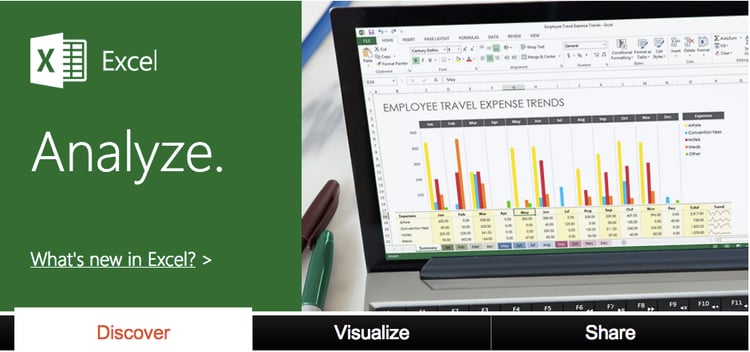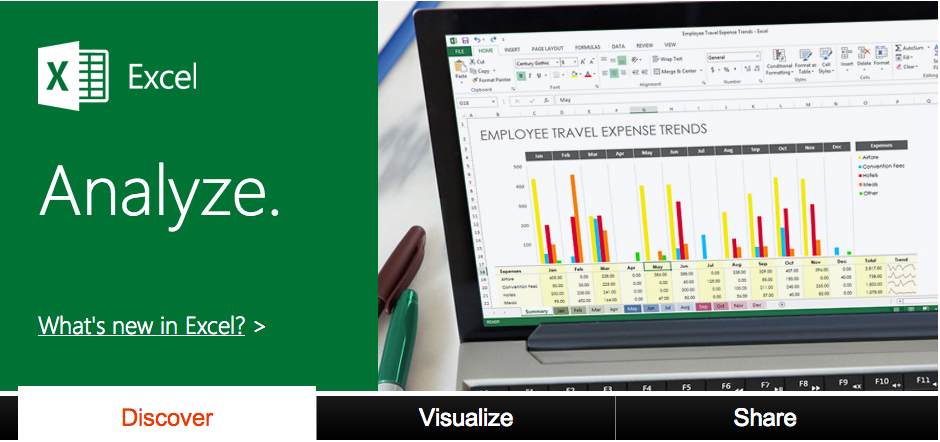The headlines make it clear, not all data belongs in a spreadsheet. Over the past several years, we’ve all seen the high profile news stories where excel errors that seem small at first lead to disastrous results.
We, at Planifi, believe there is a time and a place for spreadsheets. However, when it comes to resource planning and forecasting your firm, small errors can cause catastrophic problems for your business. I know you’re probably thinking, “We have nothing to worry about, Tom is a spreadsheet wizard!” Well, JP Morgan and Enron had some pretty smart guys in Excel too…

In the Quartz article written by Heather Timmons, there was the storytelling of the “London Whale” trade: “Due to an error in an Excel spreadsheet used to model risk, JP Morgan seriously underestimated the downside of its synthetic credit portfolio, which ultimately led to the bank to declare $6 billion in losses and could lead to another $600 million in fines. As James Kwak explains on Baseline Scenario, the errors stemmed from a combination of copy-paste mistakes and a faulty equation created to crunch the numbers.”
These faulty cells and hidden equations served as the source of truth, not only for this project, but cascaded into much larger problems. Excel errors helped to push serious budget cuts that have roiled Europe and devastated social services there. As IEEE.org explains: “Back in 2009,Carmen M. Reinhart and Kenneth S. Rogoff published a book with the provocative title, “ This Time It’s Different” The professors asserted in their book that, among other things, their empirical research demonstrated that when advanced economies’ public liabilities reach or exceed “the important marker of 90 percent of GDP,” long-term economic growth and stability are placed at peril.” Their findings paint a bleak picture, and it was pretty scary for governments in Europe as well.
“Governments, and particularly European governments, went on to use Reinhart and Rogoff’s book to justify their embrace of austerity. But a University of Mass review of their book and the research it was based on found “coding errors, selective exclusion of available data, and unconventional weighting of summary statistics,” linked in part to Excel errors.”
Do you think they said, “my bad?” It was almost four years before the research that found the errors was published. Think about how many bad decisions were made based on the erroneous data!

And of course, we can’t forget the ultimate bad boy of finance, Enron. According to an article titled Stupid errors in spreadsheets could lead to Britain's next corporate disaster in The Telegraph, “Back in 2001 when Enron collapsed it was found that 24% of the corporation’s spreadsheet formulas contained errors.”
“Felienne Hermans, of Delft University of Technology, analyzed 15,770 spreadsheets obtained from over 600,000 emails from 158 former employees. He found 755 files with more than a hundred errors, with the maximum number of errors in one file being 83,273.”
Can you believe it? Well, since we all know the story, and how epic of a collapse it was, I guess you can believe it.
As Dr Hermans aptly pointed out: “The Enron case has given us a unique opportunity to look inside the workings of a major corporate organization and see first-hand how widespread poor spreadsheet practice really is.
What’s truly shocking is that there seemed to be a culture of total acceptance that mistakes were simply part of working with spreadsheets:
“Some people were sending more than 100 spreadsheets back and forth on a daily basis which proves there was no agreed system or standardized way of working.”
Well, while we’re sad to hear about these news articles about spreadsheet errors that negatively impacted so many people, it keeps us focused. Planifi is focused on helping A/E firms get project planning and forecasting right, and providing our customers with visibility and peace of mind. We do this because the best decisions can only be made when the data is accurate and error-free.
To learn how Planifi can benefit your firm, schedule time to discuss with a Planifi Advisor.

